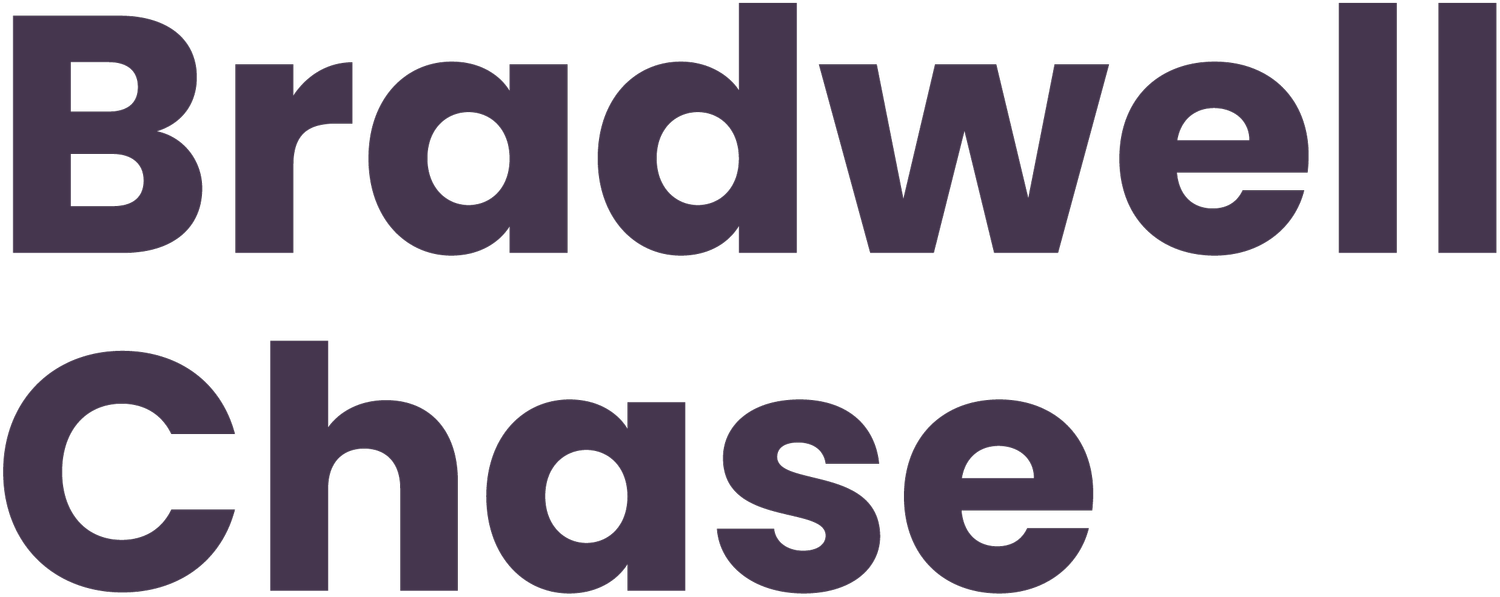5 Ways Big Data, Analytics, and Cloud is Transforming Pharma
1. Faster Drug Development
Cloud platforms significantly enhance collaboration across global research teams, enabling real-time data sharing and reducing the delays often caused by siloed information.
This seamless collaboration, combined with powerful data analytics, accelerates decision-making and minimises costly bottlenecks in the research and
development pipeline. Additionally, cloudbased AI tools can predict drug efficacy
and potential side effects earlier in the development process, allowing companies to prioritise the most promising drug candidates, further speeding up the path to market.
2. Improved Patient Outcomes
Cloud platforms enable real-time data collection from wearable devices, electronic health records (EHR), and other sources, allowing for personalised medicine tailored to individual patient needs. This continuous flow of data supports remote monitoring, enabling healthcare providers to track patient health in real-time, detect issues early, and adjust treatments quickly.
With advanced analytics, doctors can make more informed treatment decisions, leading to improved patient outcomes, faster recovery times, and overall better care quality.
3. Cost Savings
By moving to the cloud, pharmaceutical companies eliminate the need for maintaining costly on-premise servers and hardware, which often require ongoing maintenance, upgrades, and physical space.
Cloud platforms also streamline and automate complex processes such as data integration, analysis, and reporting, reducing the manpower and time traditionally required for these tasks. Additionally, built-in compliance tools ensure that companies meet stringent regulatory requirements, such as HIPAA and GDPR, without the need for additional investments in security infrastructure, further lowering operational costs.
4. Enhanced Collaboration
Cloud platforms eliminate barriers between departments by providing a centralised space where research teams, clinicians, and external partners can access and share data in real-time, regardless of geographic location. This level of integration fosters cross-departmental collaboration, enabling faster decision-making throughout drug discovery and development.
Additionally, the ability to share data securely with external stakeholders, such
as regulatory bodies or research institutions, enhances transparency and speeds up processes like clinical trials and regulatory approval, ultimately benefiting patient care and drug delivery timelines.
5. Data-Driven Decision Making
Using advanced analytics and AI, cloud platforms enable pharmaceutical companies to tap into vast amounts of unstructured data, such as clinical notes, trial results, and patient feedback.
This helps identify trends and insights that were previously hard to detect and enables real-time decision-making, allowing companies to respond quickly to emerging challenges, optimise drug development processes, and reduce costly errors. As a result, data-driven decisions fuel innovation, enhance productivity, and reduce risks across the entire drug development lifecycle.
Sources:
Forbes.com
Datadynamicsinc.com
